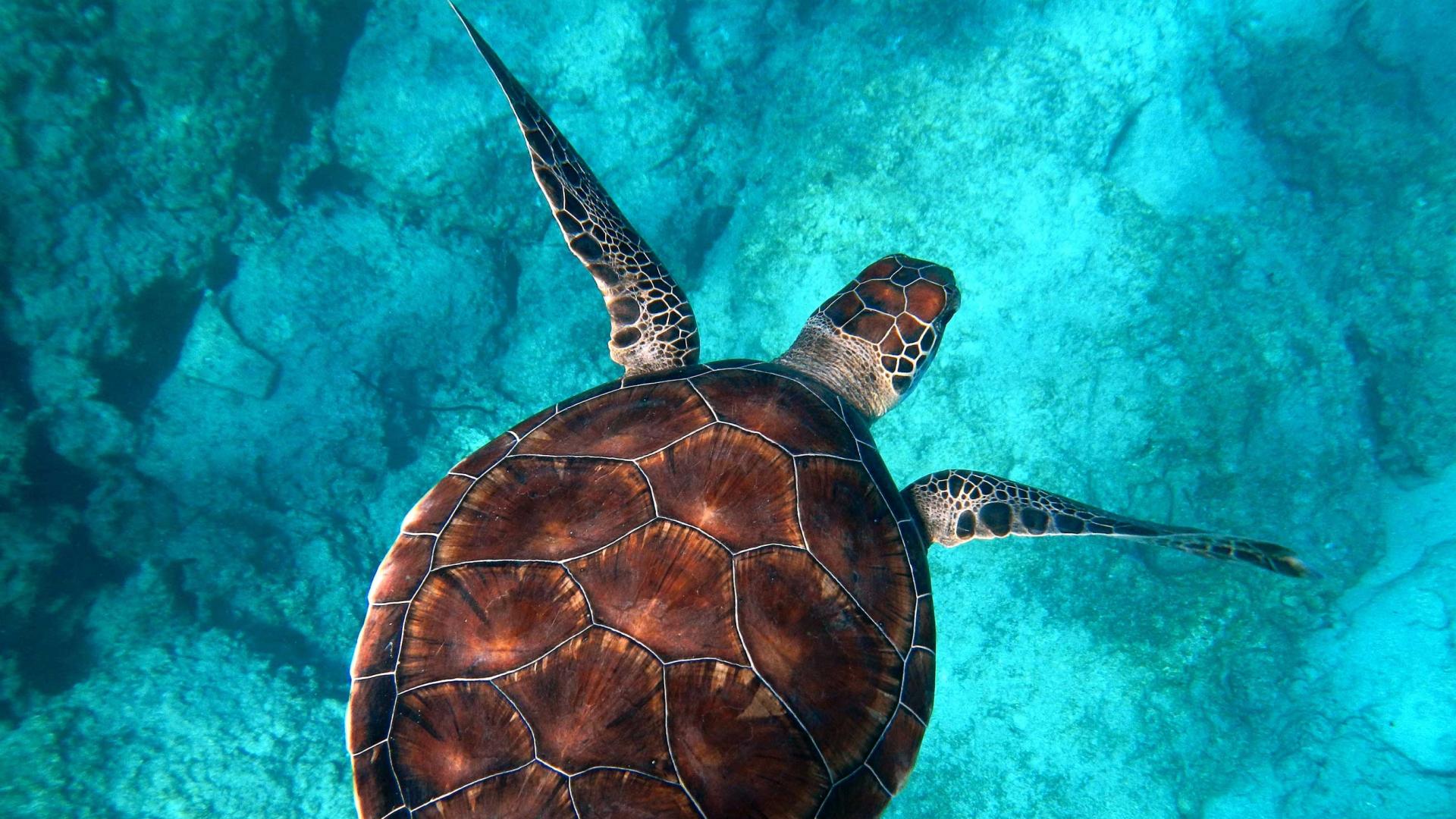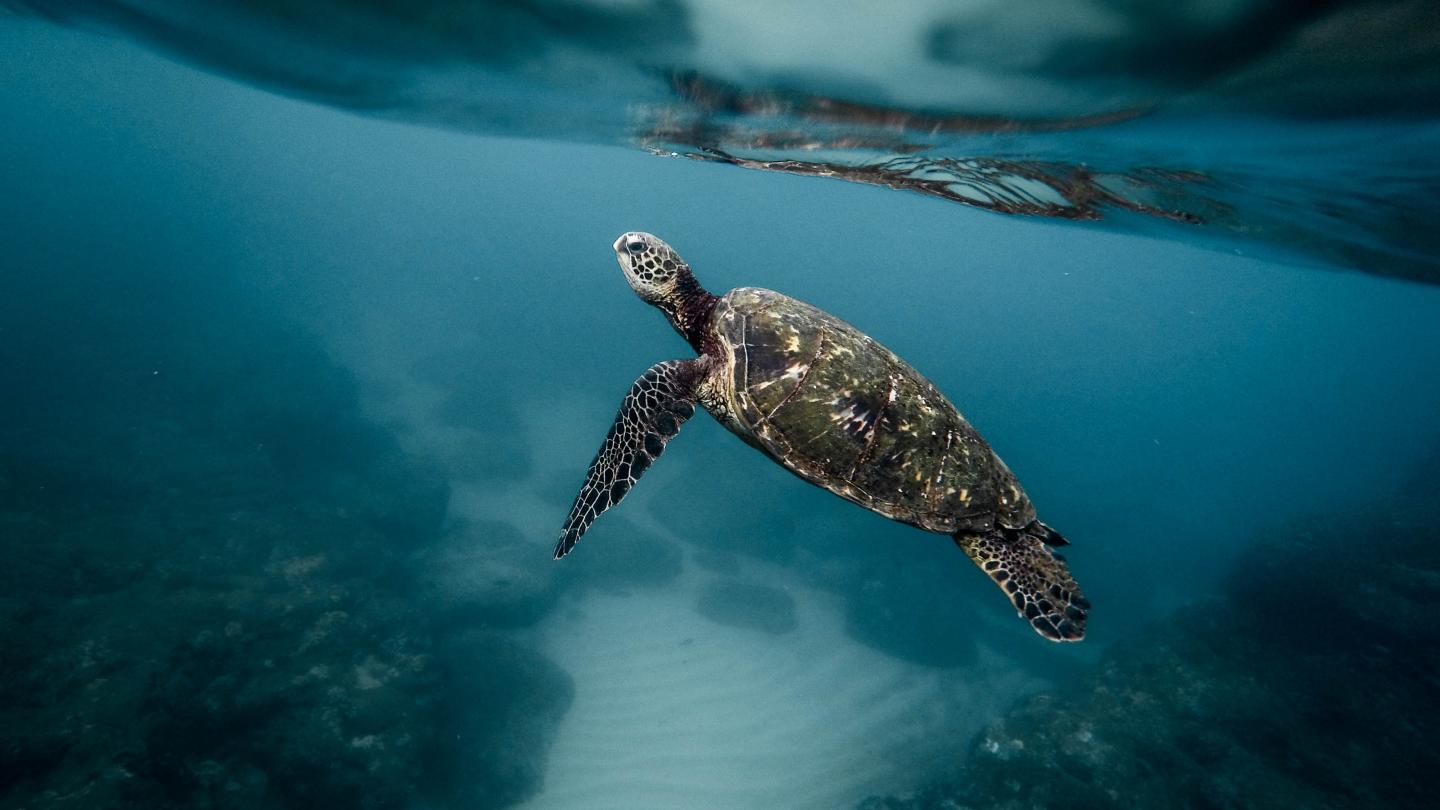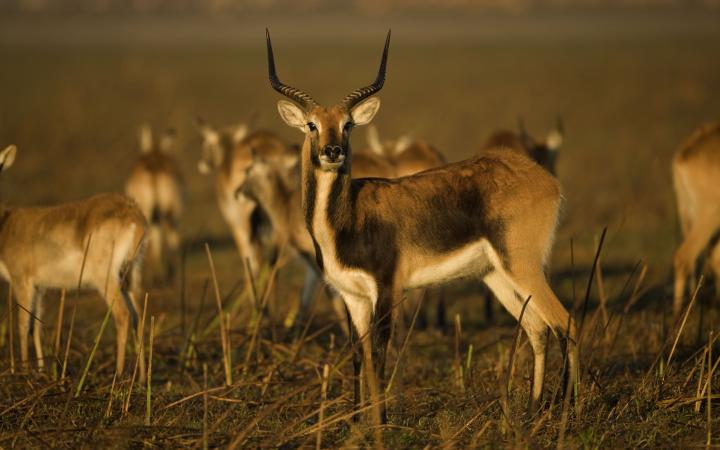Oceans
Overview
Everyone on earth depends on the sea – whether it’s for food, jobs, energy, leisure, or simply a habitable climate.
The sea provides oxygen, nourishment, transport and habitats for humans and millions of species. Meanwhile, marine habitats provide vital protection against coastal erosion and flooding.
The UAE has a particularly close relationship with the Arabian Sea. Our country grew up on pearl diving and seaborne trade. Today, a huge part of our economy and day-to-day lives still rely on the latter – from trade, to fishing, leisure and tourism.
In recent years it has become even more significant, supplying most of our water through desalination.
A RICH NATURAL HERITAGE
Unique and wonderful creatures depend on our regional seas, including dugongs, dolphins, sea turtles, and different species of shark and whales. These rely on healthy habitats such as a diversity of coral reefs, seagrass meadows and mangroves.
Yet the way we treat our seas is taking a heavy toll. For example:
- The majority of the world’s coastlines have been modified by development. Coastal development and unsustainable business practices – particularly in the tourism sector – disturb species and habitats
- Irresponsible fishing is decimating fish-stocks and causing harm to other species through by-catch and illegally disposed fishing gear
- Industry, shipping and pollution all have an impact on life we cannot see
- Climate change is affecting the delicate balance of the seas through rising sea water temperatures. Considering the Arabian Gulf – the world’s warmest sea – is already a challenging environment for marine life, further temperature rises could have a profound impact
Thriving Together
If we can’t sustain our seas, then they can’t sustain us. It’s time to redefine the relationship. A careful management of marine resources is key for a sustainable future. Emirates Nature-WWF understands the importance of economic growth across the UAE. Our work shows that it needn’t come at the expense of our sea’s health and children’s future.
Unhealthy Oceans = Unhealthy Planet
Earth is a delicate balance of interconnected environments. So the sea, which covers 70% of the surface, plays an extraordinary role in sustaining all life. Unhealthy oceans will lead to quicker climate change, more extreme weather and eventually an environment that might not be able to sustain us.
Economic Effects
WWF research found that if the ocean were a country it would be the world's seventh largest economy - worth at least US$2.5 trillion a year. And across the Gulf, millions rely on it for livelihoods which could be lost if we don't change. For example, in the UAE any industries - such as fishing and tourism rely on the ocean. So any impact on marine health could severely impact revenue.
Damaging The Balance of the Seas
The sea is also a delicate balance of the ecosystems - such as coral reefs home to a quarter of all marine species. They support fish, that in turn feed predators - so if one part is affected, it impacts elsewhere. For example, without sharks, smaller fish overpopulate and harm the reefs. Bleaching is increasing. Fewer coral reefs could impact the entire food chain, the global economy and even Earth's resilience to climate change.
Acidification Of The Oceans
The oceans absorb a huge amount of CO2 - about a quarter of that which humans produce by burning fossil fuels. However, it makes the water more acidic, affecting things such as the strength of shells and coral skeletons - potentially playing havoc with the food chain.
Unsustainable Fishing Practices
An increase in the human population and the popularity of the seafood is decimating global fish stocks, some by more than 50% since 1970. Other endangered marine creatures - such as dugongs and turtles - are being killed by discarded fishing nets (called 'ghost fishing') and being caught by accident (called 'by-catch').
What Emirates Nature-WWF is Doing
PROTECTING VITAL HABITATS
Within UAE waters, Emirates Nature-WWF is promoting integrated marine management to ensure that marine ecosystems continue to function and remain resilient in the long term. We are working with key UAE stakeholders and experts to fill in critical knowledge gaps around marine habitats and update existing information on ‘High Biodiversity Areas’. This step is vital for the UAE to establish a successful network of Marine Protected Areas (MPAs).
MPAs have been proven to be one of the most effective tools for marine management and conservation. They ensure that important habitats are protected from climate change and human activity. Ultimately, MPAs can help ensure that marine resources are sustained for social, economic and cultural enrichment.
CONSERVING ENDANGERED SPECIES
Emirates Nature-WWF is spearheading regional collaboration to conserve endangered migratory species of global importance such as marine turtles and the Arabian Sea humpback whale. These long-living creatures cross vast distances, requiring special conservation plans that span boundaries.
By working closely with our local and regional partners, we are identifying critical habitats, sharing information and knowledge, and discussing key challenges to turtle and whale populations in the region.
PROMOTING RESPONSIBLE BUSINESS PRACTICES
The private sector has a crucial role to play in marine conservation, especially in tourism. This sector depends on healthy coasts and seas, but also has a major impact on them. From promoting sustainable development to cleaner day-to-day behaviour, we aim to help UAE businesses become champions of the sea.
COMBATING CLIMATE CHANGE
Gulf marine species are remarkable – they already function in extreme conditions such as warm, very salty seas. Any climatic changes could cause changes in sea temperature and lead to changes in migration and nesting patterns. For example, temperature changes are known to affect seagrass growth, alter the gender balance of marine turtles and cause some species to migrate to different areas.
Emirates Nature-WWF is involved in extensive research to understand the impact of climate change on marine biodiversity. Our work in strengthening the current framework of MPAs ultimately aims at building resilience to the impacts of climate change – such as increased storm surge, temperature rises and sea level rises.









